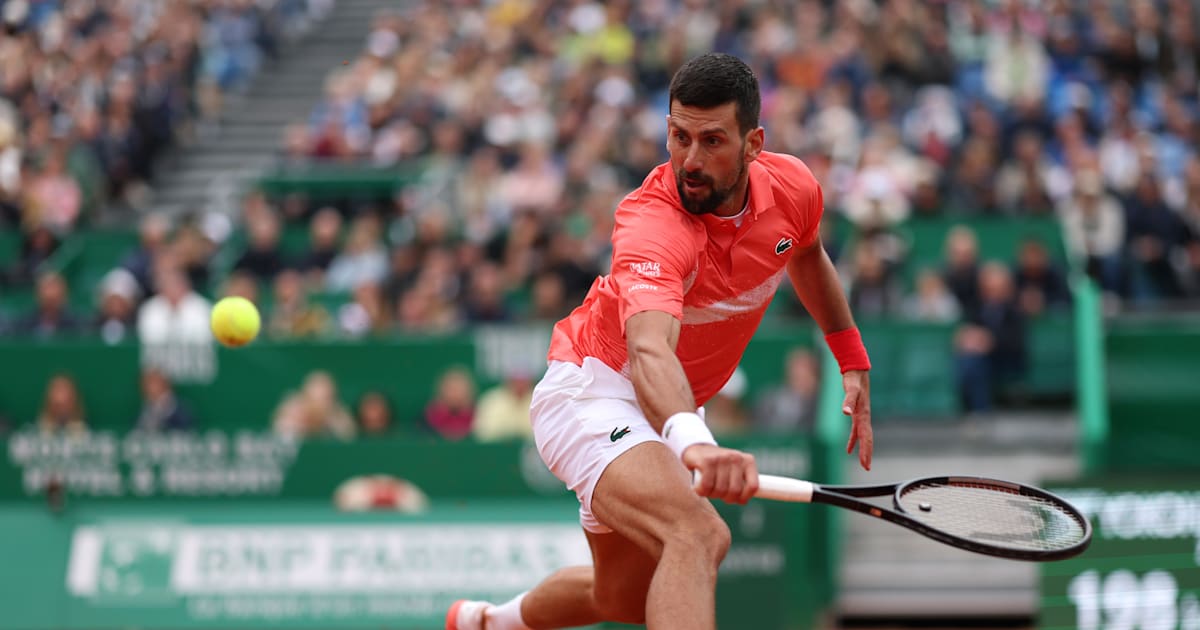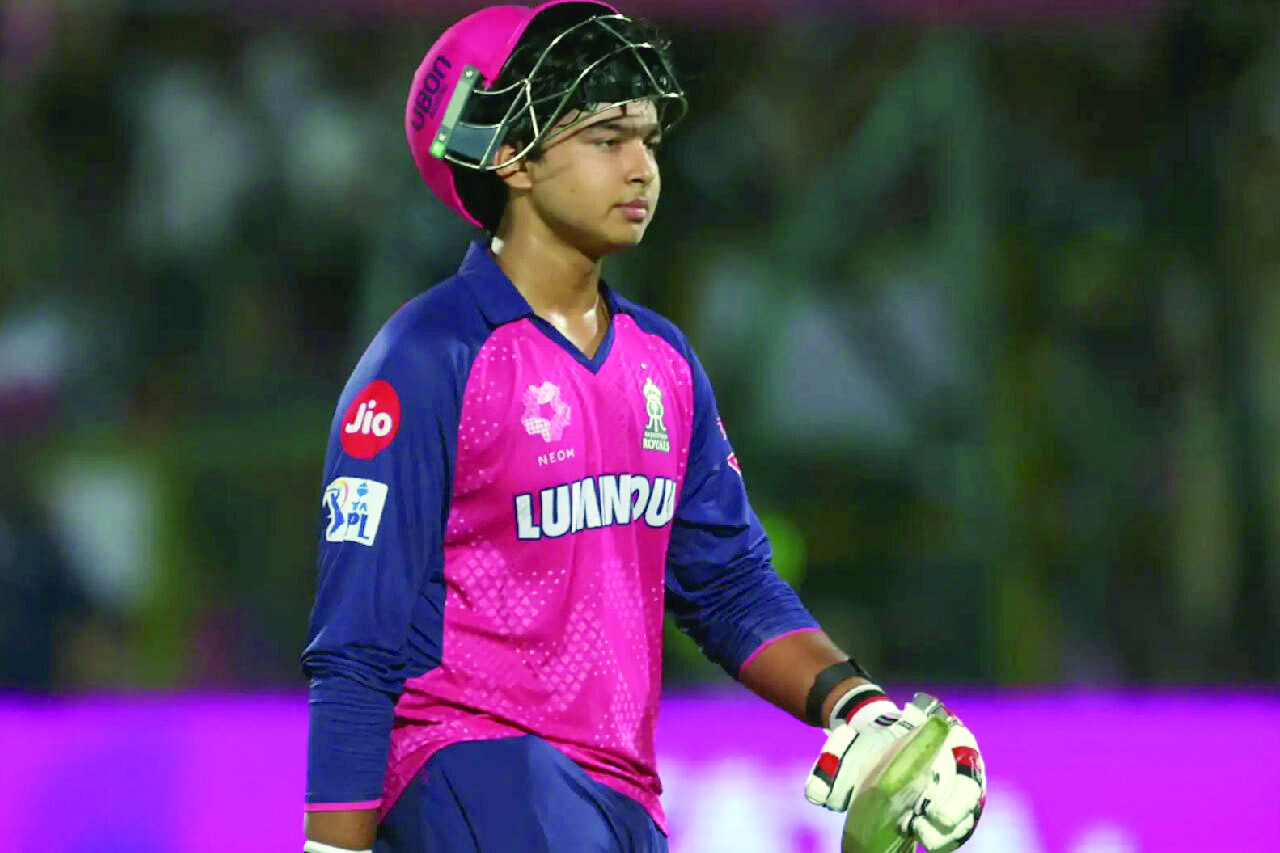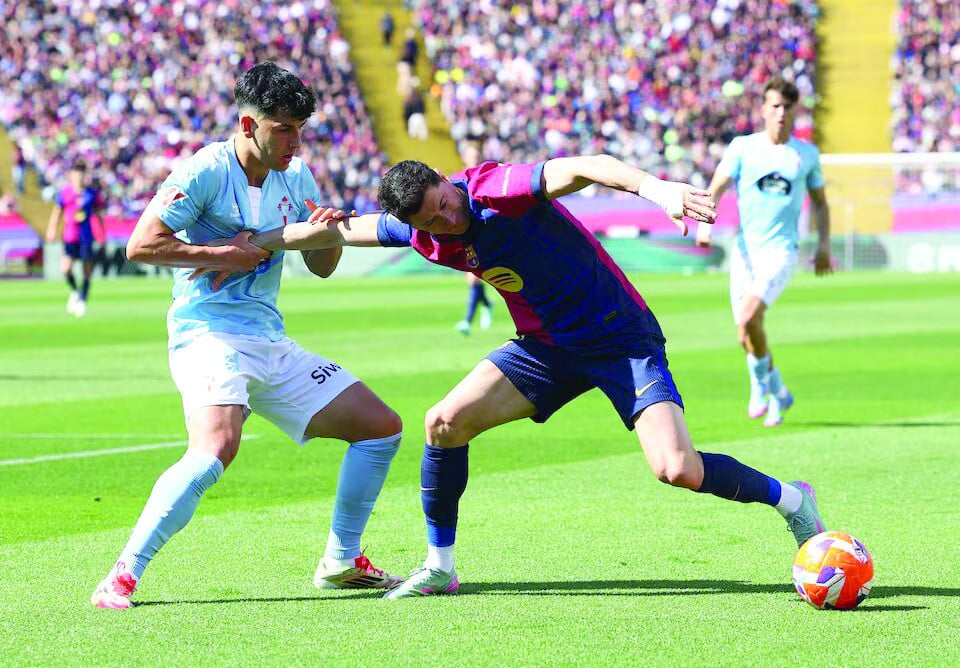Tennis star on forgiving her father Damir and finding her voice

We begin by discussing the hectic month of tennis that lies in front of her. She can’t wait. Despite all the trauma infused in her memories of it, and despite the fact she never chose to do it in the first place – it was her father’s idea – the sport is still Dokic’s happy place. “Loved it, even though I went through so much because of it,” she says. “I love hitting balls. I love watching players practise. I’ll do the commentary days and still go out there and watch matches. I’m glad because that’s another thing that could have turned into maybe a bit of hate.” Flashback to Yugoslavia, in 1989. Dokic is six years old and her father, Damir, is inspired by Monica Seles to buy a white tennis racquet for his daughter. He throws balls to her in their apartment courtyard, and she sends them flying back. She’s a natural. Her father, who has never played, becomes a self-styled expert. He’d had disappointments in his own life – an alcoholic father, an abusive mother, frustrated career ambitions – and wants another shot at success through his daughter. He is increasingly obsessive, controlling and cruel. She grows afraid. Her fear drives her to excellence. “I would do it all again”: Dokic doesn’t regret her tennis career and still loves the game. Credit: Reuters Their move to Australia tightens his grip. She leaves her friends behind, and Australian kids bully her. She’s isolated. She trains all the time. She has coaches, but her father is always courtside, glowering and often drunk. When they’re alone, he hits her, pulls her hair, calls her a slut and a whore. She wears long-sleeved shirts to hide the marks on her skin, but they can’t hide it all. People suspect her father is abusing her but, worried the beatings will get worse, she denies everything. She perfects her poker face, even as she becomes more successful, his abuse becomes worse, and his drunken antics become more embarrassing.Dokic’s book, written with journalist Jessica Halloran in 2017, details all this. But the footage in her new documentary, Unbreakable, brings it to life (Halloran is co-director). There, she is at the 2001 Australian Open, booed by 15,000 people after Damir insists she play for Yugoslavia. He’d made the decision, yet she carried the blame. There, she is at a press conference, a wide-eyed child defending her aggressive father. “Someone said in the documentary that my press conferences look like hostage situations,” Dokic says. “And I was like, ‘oh my god, that’s exactly it’.” Dokic’s challenge, as an adult, has been to reckon with her history. She has done so unflinchingly, and worked hard to manage the crippling anxiety, the eating disorder, the post-traumatic stress disorder and trauma. Jelena Dokic at the US Open in 2000. Credit: Getty Images But her story also requires the Australian community – particularly sports bodies, child protection authorities and the media – to tackle difficult questions about their own role in her abuse. Everyone suspected Damir was a brute yet believed a stony-faced child when she was pushed in front of the world’s media to say she was OK. The signs were everywhere. In one highly publicised incident at the 2000 US Open, he was banned because of a violent, highly public outburst over the price of fish in the players’ lounge. Still, Dokic was left in Damir’s hands. “Two underage kids [Dokic and her younger brother] were going home with this person,” she says. “Even at the time, to me, it was incredible that no one asked that question.”Her father wasn’t the only abuser hiding in plain sight. The history of professional sport, and particularly tennis, is thick with abusive fathers. They included Andre Agassi’s former boxer father, Mike, who taped a racquet to his son’s hand as soon as he could walk and allegedly gave him speed pills before matches, and Mary Pierce’s father, Jim, who reportedly once screamed “kill the bitch” to his daughter during a tournament, and was banned from all tour events for four years. She later hired a bodyguard to keep him away. (It’s not just sport, either: Beethoven’s father would force him to practise all night, and refuse to let him sleep.) Loading The community’s understanding of abuse and the lifelong trauma it causes has grown since Dokic’s time. But kids are still at risk on the sporting field. Governing bodies might be catching up, but it’s harder to manage pushy parents who still allow their ambitions and methods to tip over into abuse, particularly behind closed doors. A Flinders University study of almost 1000 people involved in community sport found one in three had experienced parental abuse. Most was psychological, such as humiliation, insults, excessive criticism, ignoring their child after a match, and forcing children to train to the point of exhaustion. Dokic arrives to the sound of boos at the Australian Open in 2001. Credit: 2001 “The narrative used to be, if you are extremely tough on your child, especially from a young age, it creates champions,” Dokic says. “It creates anything but. The longevity of their careers is cut. It leaves them with mental health struggles. It leaves them with trauma. It leaves them with no self-worth and confidence later on.“We can’t eradicate this thing, but we need to do the best we can. It’s not nice to hear stories coming out of especially junior tournaments, where so many parents come up to me and say this is happening, that is happening.” Still, there’s a level of sacrifice and discipline required for success, Dokic says. “There’s no going around it. You want to be an athlete, you sacrifice. You don’t go out, you miss birthday parties. Is it worth it? I think so. I would do it all again.” Dokic says it took just a handful of people to help her begin the process of recovering her voice; to convince her she was worth listening to. “I always say you maybe need just one person to believe in you and to open that door a little bit for you to feel like, ‘I can do it’.” Halloran was one. Her former partner and still good friend, Tin Bikic, was another. A third was Todd Woodbridge, the former tennis champion, who encouraged her to face her past, then move into commentary. “He said, ‘Forget about tennis, tennis is done. You can do this, you can do that, but you’re going to have to be honest with your story’.” Voicing that story, even just to her co-author, was horrendously painful at first. Every step forward – the therapy, confronting her memories, battling the physical triggers (she would duck when her former partner tried to touch her hair) – took enormous courage. As hard, if not harder, than playing before 15,000 booing fans. But like Gisele Pelicot, she came to realise that “it is not for us to have shame”, as Pelicot said, “but for them”. With each telling, Dokic’s story has become easier to carry. She tells it often now. “Speaking saved my life,” she says. “So that’s why I’m such a big kind of advocate of being able to have a place to talk and speak up.” Loading



.jpg)







